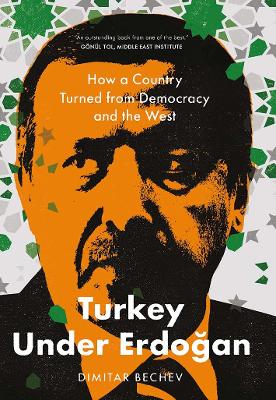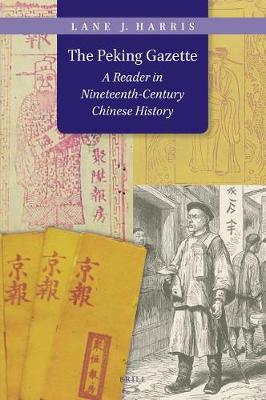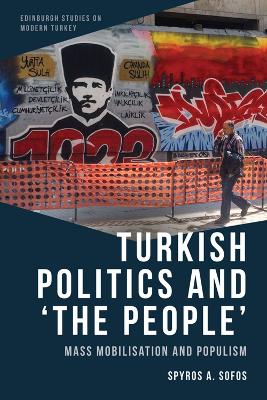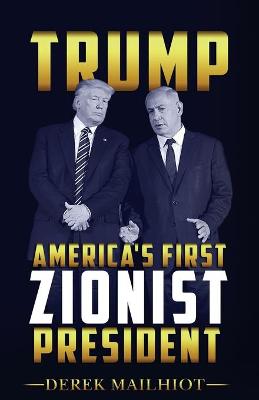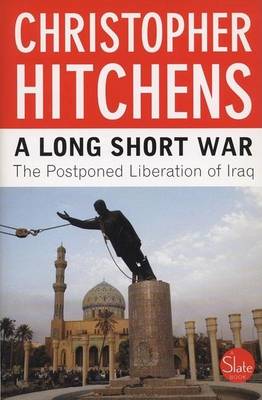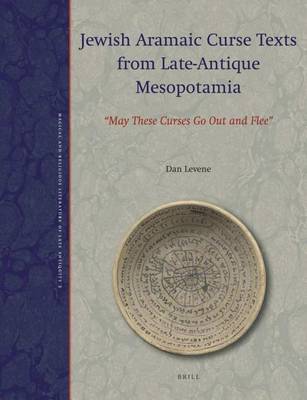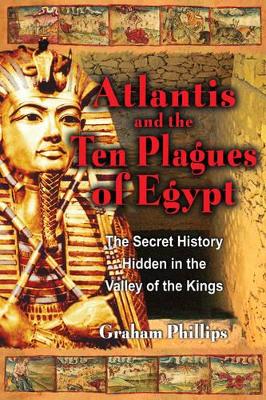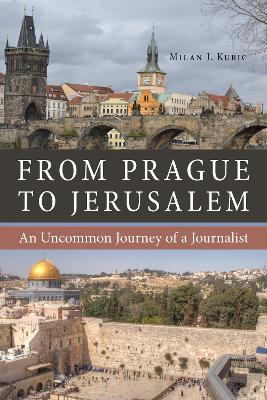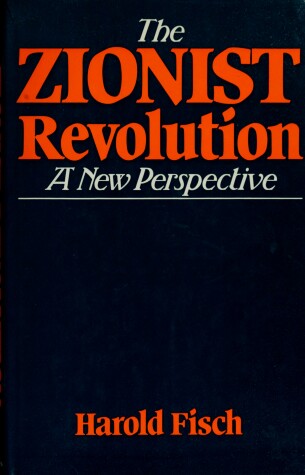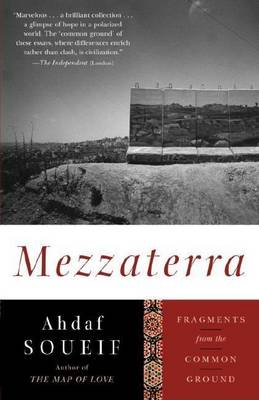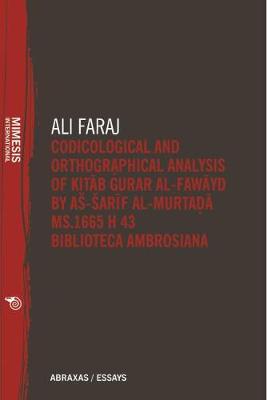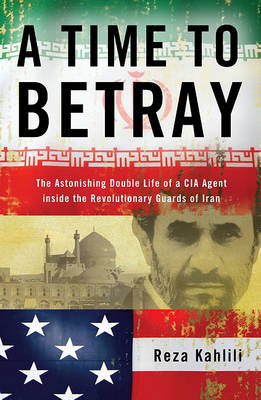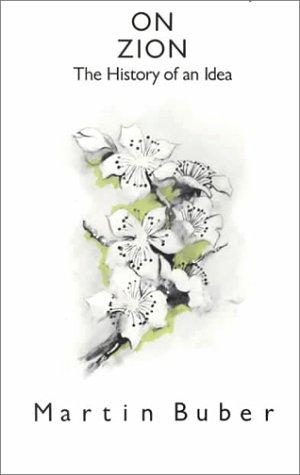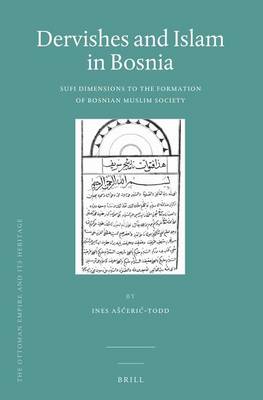Walid and His Friends (Oxford Studies in Islamic Art, #6)
by Robert Hamilton
This is an account of the life and leisure of the Umayyad Caliph Walid II, presented as a sequel to descriptions published in 1959 and 1978 of his country resort discovered at Khirbat al-Mafjar in the Jordan Valley. Eccentricities in the behaviour of Walid II as Caliph and heir contributed to the fall of the Umayyad dynasty, and Hamilton finds in the building of al-Mafjar a likely setting for particular episodes in his life as well as some curious reflections in the architecture of recognizable...
An incisive account of Erdogan's Turkey - showing how its troubling transformation may be short-lived Since coming to power in 2002 Recep Tayyip Erdogan has overseen a radical transformation of Turkey. Once a pillar of the Western alliance, the country has embarked on a militaristic foreign policy, intervening in regional flashpoints from Nagorno-Karabakh to Libya. And its democracy, sustained by the aspiration to join the European Union, has given way to one-man rule. Dimitar Bechev traces...
In The Peking Gazette: A Reader in Nineteenth-Century Chinese History, Lane J. Harris introduces an extraordinary collection of primary sources covering China's long nineteenth century (1793-1912) that allows readers to understand how the Manchu emperors and the multiethnic subjects of the Great Qing Empire experienced this tumultuous period.
Turkish Politics and 'the People' (Edinburgh Studies on Modern Turkey)
by Spyros A. Sofos
This book enhances our understanding of 'the popular' in the study of politics through a critical examination of the uses and constructions of 'the people', from the establishment of the Turkish Republic to the present. It proposes ways of reading the insertion and operationalisation of the notion of 'the people' as a concept, a political subject, the object of policy and politics over the past century. The author assesses the ways 'the people' have been shaped by the history of the republic and...
Spillover from the Conflict in Syria
by William Young, David Stebbins, Bryan A. Frederick, and Omar Al-Shahery
The Foreign Office Handbooks - The Middle East - Volume 3
by Sir George Prothero
The Translation of Enoch (Supplements to the Journal for the Study of Judaism, v. 53)
by Erik W Larson
This volume provides a systematic study of all the manuscripts of the Greek version of Enoch. The book's central portion examines the extant Greek manuscripts both individually and in their mutual relationships. Attention is also directed to the question of the date of the translation and whether multiple translation of the book existed in antiquity. The third section of the text consists of a comparison of the Aramaic and Greek texts to determine specific translation techniques employed. From t...
From Nicopolis to Mohacs (Ottoman Empire and Its Heritage, #63)
by Tamas Palosfalvi
In From Nicopolis to Mohacs, Tamas Palosfalvi offers an account of Ottoman-Hungarian warfare from its start in the late fourteenth century to the battle of Mohacs in 1526. During this period of one century and a half, the Kingdom of Hungary was the most constant and strongest rival of the expanding Ottoman Empire in Europe, and as such waged constant warfare in defence of its borders. Based on the extensive use of hitherto unexplored source material, Palosfalvi not only offers a sound chronology...
Jewish Aramaic Curse Texts from Late-Antique Mesopotamia (Magical and Religious Literature of Late Antiquity)
by Professor Dan Levene
Shows how a desecrated tomb in the Valley of the Kings holds the key to the true history of the destruction of Atlantis - Reveals that Tomb 55 in the Valley of the Kings was designed not to keep intruders out, but to trap something inside - Provides forensic evidence proving that the mask believed to be the face of Tutankhamun is actually that of his elder brother Smenkhkare In Atlantis and the Ten Plagues of Egypt, Graham Phillips explores the excavation of a mysterious and ritually desecr...
From Prague to Jerusalem (NIU Series in Slavic, East European, and Eurasian Studies)
by Milan Kubic
After spending his childhood in Nazi-occupied Czechoslovakia and witnessing the Communist takeover of his country in 1948, a young journalist named Milan Kubic embarked on a career as a Newsweek correspondent that spanned thirty-one years and three continents, reporting on some of the most memorable events in the Middle East. Now, Kubic tells this fascinating story in depth. Kubic describes his escape to the US Zone in West Germany, his life in the Displaced Persons camps, and his arrival in 195...
From the bestselling author of the Booker Prize finalist The Map of Love–an incisive collection of essays on Arab identity, art, and politics that seeks to locate the mezzaterra, or common ground, in an increasingly globalized world. The twenty-five years’ worth of criticism and commentary collected here have earned Ahdaf Soueif a place among our most prominent Arab intellectuals. Clear-eyed and passionate, and syndicated throughout the world, they are the direct result of Soueif’s own circumsta...
Dervishes and Islam in Bosnia (Ottoman Empire and Its Heritage, #58)
by Ines Asčeric-Todd
History of the Karaites (Beitrage zur Erforschung des Alten Testaments & des Antiken Judentums, v. 29)
by Nathan Schur

